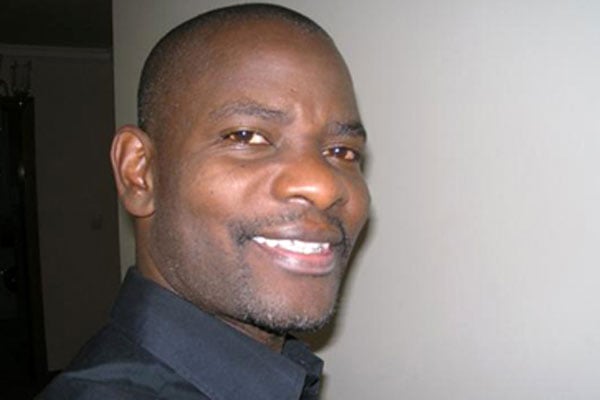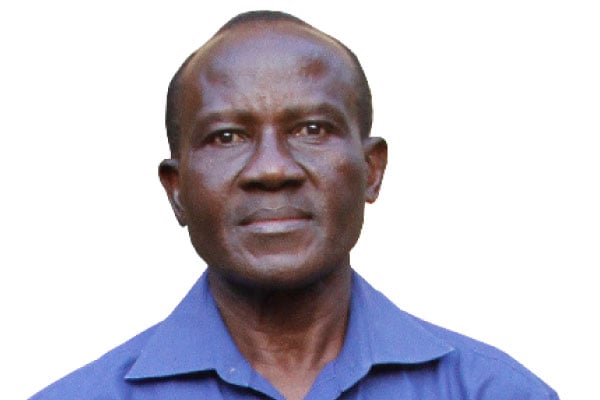Prime
FDC mess and why parties struggle in poor countries

Author: Musaazi Namiti. PHOTO/FILE
What you need to know:
- Parties are operating in a poverty-stricken country without a strong middle-class.
For many years, the Forum for Democratic Change (FDC) enjoyed the reputation of being the largest Opposition political party in Uganda, and many voters genuinely believed it had the capacity to provide better leadership than the governing National Resistance Movement (NRM), which has hogged power for 37 years.
But in 2021, after the presidential elections, the National Unity Platform (NUP) upstaged the FDC and became the main Opposition political party. The two parties and the smaller ones such as the Democratic Party (which Ugandans on social media derisively call the ‘Dead’ Party), the Uganda Peoples Congress (UPC) and JEEMA are plagued by problems.
The FDC has been in the news over its leadership wrangles and, crucially, large sums of money widely rumoured to have come from the NRM whose chairman, Yoweri Museveni, vowed in 2016 that he would do everything in his power to eliminate opposition political parties.
The party is currently split into two camps: one at its headquarters in Najjanankumbi, where FDC president Patrick Amuriat and secretary general Nandala Mafabi call the shots and another at Katonga, where former FDC president Kizza Besigye, FDC spokesperson/Kira Municipality MP Ibrahim Ssemujju and Kampala Lord Mayor Erias Lukwago run the show. Both camps accuse each other of serious wrongdoing.
Herein lies one of the major problems of Uganda’s political parties. In fact, it has been alluded to by the Netherlands Institute for Multiparty Democracy (Nimd), which promotes good governance in Uganda. Nimd says parties “face internal divisions and lack accountability and internal democracy”. It adds that parties “rely on the appeal of their leaders rather than the strength of their policies”.
Perhaps the most serious problem is that parties are operating in a poverty-stricken country without a strong, well-educated middle-class. All European countries, for example, that support Nimd’s Political Parties Capacity Support project in Uganda – think Denmark, Ireland, Norway, Sweden and the European Union – have a strong well-educated middle-class that understands how multiparty democracy works.
They are all high-income countries, and their politicians and voters do not view politics as the single-biggest source of good money and the only means to get rich. People do not have to fight to win seats in parliament, as we witnessed in a recent by-election in Oyam – and many others before that. By contrast, Uganda and many countries in Africa with multiparty democracy have millions of people earning starvation wages – and that is if they are lucky to have jobs. Many who work for themselves live from hand to mouth.
Yet in politics you can have a position that serves almost no purpose when the person holding it earns a salary and is entitled to a range of benefits. In Kampala, for example, the Lord Mayor earns much more than medical doctors in government hospitals, but it is hard to see what his position does for our city.
Mr Mafabi said he quit a bank job where he was earning $20,000 (Shs72.9m) per month before he joined politics. If this is true, he had to work tremendously hard to show he deserved to be paid generously. Maybe that is why he had to quit because in the private sector, the pressure to deliver is very high.
Uganda can have good leadership through multiparty democracy. Nordic countries, after all, have done this incredibly well and fare better than most when it comes to good governance, corruption, human development and happiness.
But, as Mr Museveni told the first Interparty Organisation for Dialogue (Ipod) summit in December 2018 in Munyonyo, which the FDC boycotted, Uganda needs prosperity first.
Musaazi Namiti is a journalist and former Al Jazeera digital editor in charge of the Africa desk | [email protected]
@kazbuk




